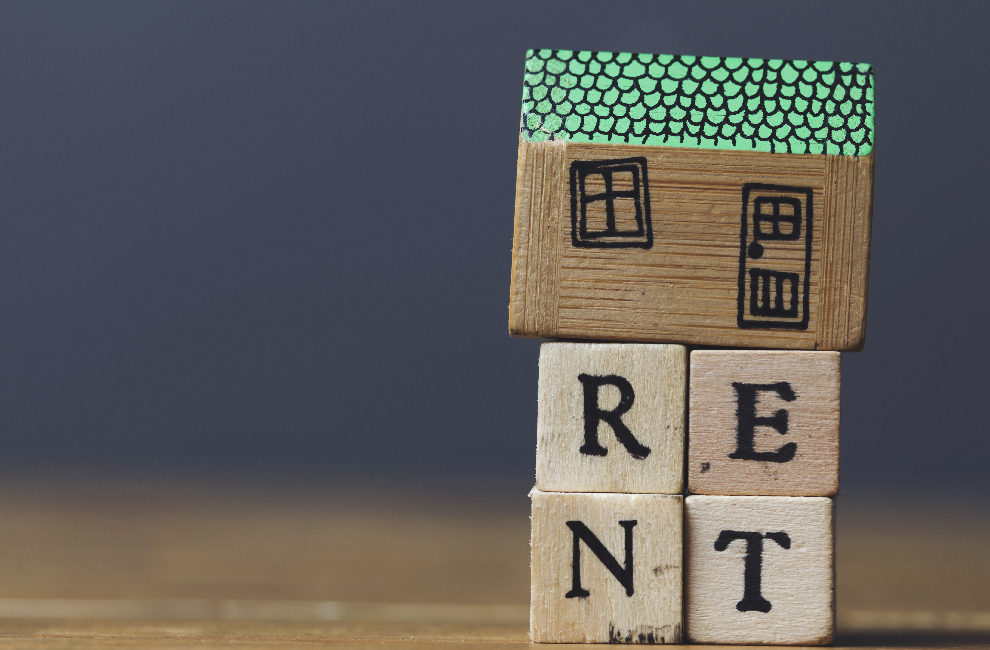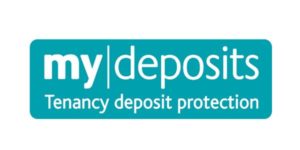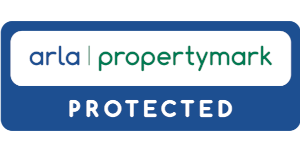The biggest responsibility as a landlord is to ensure that your property is safe, hygienic and habitable for your tenants. It seems like an easy thing to tick off the list however, the government has recently introduced a new legislation bill to make sure that these responsibilities are met.
The Fairer Private Rented Sector white paper was published by the government on the 16th of June 2022, after many delays prevented it from being implemented following its announcement in April.
Read on through this blog to learn more about how this new bill will affect landlords, tenants and even local councils.
What is the Renters’ Reform Bill?
The renters’ reform bill is a written piece of legislation that is designed to reshape current renting policies and laws. The primary aim of the bill is to expunge any imbalances between landlord and tenant relationships. Currently, there are 4.4 million private renters who will benefit from the proposed changes.
The renters’ reform bill was first announced in April 2019 as a means of eradicating the doubts of tenants who rent in England. This was put on hold during the Coronavirus outbreak but has recently been revitalised following the Queen’s speech in May of 2022, where Prince Charles promised a bill that would “strengthen the rights of tenants”.
The legislation is setting the foundation for creating a balanced environment for tenants by providing them with more rights in favour of their security when renting a property whilst ensuring that landlords do not provide uninhabitable living conditions.
As it stands, there is no explicit timeframe or date set for when the bill will be published as law. Simply due to all the different hurdles and stages it will need to go through.
What are the key changes?
The renters’ reform bill will introduce various key changes that will positively impact renters and that will affect landlords.
The key proposed changes outlined include:
- Section 21 “no-fault” evictions will be banned
- Rent increase notice periods to be doubled
- Changing fixed-term tenancies to periodic
- No more blanket bans on people receiving benefits and families with children
- More leniency for renters with pets
- Introduction of a property portal
- New ombudsman creation
- Extension of the Decent Homes Standard into the private sector
Section 21 “no-fault” evictions will be banned
The biggest change to come out of the renters’ reform bill announcement is the abolishment of the section 21 “no-fault” eviction enforcement.
The current law states that a landlord can give a section 21 notice to tenants within 4 weeks without needing to provide a reason. This change will only allow landlords to evict renters under reasonable circumstances or if a landlord has grounds for possession according to section 8, which will also be reviewed and reformed.
Currently, a landlord cannot declare a section 21 if they fail to provide:
- Copies of both a ‘How to Rent’ guide and the property’s EPC
- Valid gas safety certificate
- Proof that the occupant’s deposit is in a protection scheme
Once the new bill has passed, the new guidelines will propose that only deposit protection will be needed to use the section 8 act. By also reforming the section 8 act, landlords can evict problematic tenants who break the terms of a contract with more ease so that they can recover access to their property.
Rent increase notice periods to be doubled
As a way of tackling the current living crisis and the foreseeable rise in rental prices, landlords will be limited to only allowing a rent increase once per year.
Notice periods for these rent increases will also be doubled. If you pay rent on a weekly or monthly basis, currently a 4-week notice period is typically given. This will be doubled to a 2 month notice period once the bill passes. This means that tenants will have more time to challenge the decision if they find it unwarranted.
Changing fixed-term tenancies to periodic
Starting from day 1, fixed-term tenancies will be replaced with periodic tenancy agreements. A fixed-term tenancy has a definite start and end date whilst a periodic tenancy (or rolling tenancy as they are sometimes referred to) will have a start date with no end date.
By introducing tenancies as periodic rather than fixed-term, both landlords and tenancies are more attentive to their own respective responsibilities. This change also allows tenants to have more security, flexibility and freedom to give notice at any stage during their tenancy whether this is due to a change of circumstances or inadequate housing.
No more blanket bans on people receiving benefits and families with children
One frequently faced issue of those looking to rent is the encounter of certain exceptions. Property advertisements will sometimes include disclaimers saying ‘no DSS’ or ‘we do not accept DSS’ which is a policy that means the landlord does not accept those on universal credit, disability allowance, tax credits etc. This instant rejection of those who claim benefits and even families with children meant that landlords would be doing something called ‘blanket-banning’.
The renters’ reform bill means that this action will become illegal so as to discourage landlords from actively prohibiting applications from people in more vulnerable positions or who seek extra support.
More leniency for renters with pets
Our beloved furry friends are more than just pets, for most people they are part of the family and in some cases, can be one of the only sources of comfort. But similarly to the ‘no DSS’ disclaimer that is seen on some property ads, there’s often another one called ‘no pets’. Currently, only 7% of private landlords advertise their properties as ‘pet-friendly’, meaning the majority of pet-lovers are denied having their pets live with them.
Currently, there is an agreement called the Model Tenancy Agreement that does allow renters to keep pets but landlords can decide against this. The introduction of tenants requesting pets allowed on the property means that landlords will no longer be permitted to unreasonably refuse the request.


Introduction of a property portal
As the world moves forward with digitalisation, the property sector is not one to be left behind. The renters’ reform bill states that a new online property portal will be created to ensure that complete transparency and fairness is shared between all party members of a rental agreement.
This portal will require landlords to register their properties onto the system. This will mean that landlords won’t be able to withhold any information from tenants so that they can determine if a property and landlord is worth investing in. This also allows local councils to have a more sure-fire way to identify any potential property problems.
New ombudsman created
An ombudsman is a scheme put in place to protect consumer rights. By introducing this, tenants will be able to advance complaints and settle them without needing to take court action, and at lower costs.
The ombudsman will mean that landlords and tenants are both protected from undesired and ill actions from either side. It will be mandatory for landlords to join the ombudsman however if using a letting agent to manage their properties, will already be included due to their letting agent presently being a part of a redress scheme.
Extension of the Decent Homes Standard into the private sector
The private rented sector will see the application of minimum housing standards, which is an aspect of the Decent Homes Standard, a policy that currently only applies to the social housing sector.
The standard declares that homes must be fit for inhabitation and free from serious health and safety risks, which is the responsibility of the landlord to ensure. Currently, 21% of private renters and owners live in homes deemed unfit, just showing that a change in these circumstances has been long overdue.
There have already been some efforts to raise the standards within the private rented sector such as:
- Smoke and CO2 detectors are required
- Electrical Installation Condition Reports (EICRs) are required
- Minimum Energy Efficiency Standards (MEES) are required
These are just a handful of the key changes that the renters’ reform bill will introduce into the renting sector.
What about those who aren’t private renters?
Those situated within the social housing sector will be subject to a separate, dedicated bill called the Social Housing Regulation Bill. Whilst this one is currently just a draft, it outlines the key changes desired to be made to the social housing sector, predominantly in light of the Grenfell Tower fire. This bill outlines the changes needed to occur for social tenants’ safety and care, similarly to the renters’ reform bill.
At the end of the day, most tenants just want to live safely without fear of risk to health and landlords just want to have their properties treated respectfully. The debut of the renters’ reform bill will help with establishing fairer, transparent relationships between landlord and tenant.
With Aspire to Move, both you and your property are in safe hands. We pride ourselves on our relationship with all of our clients, whether landlords, tenants or students.



















